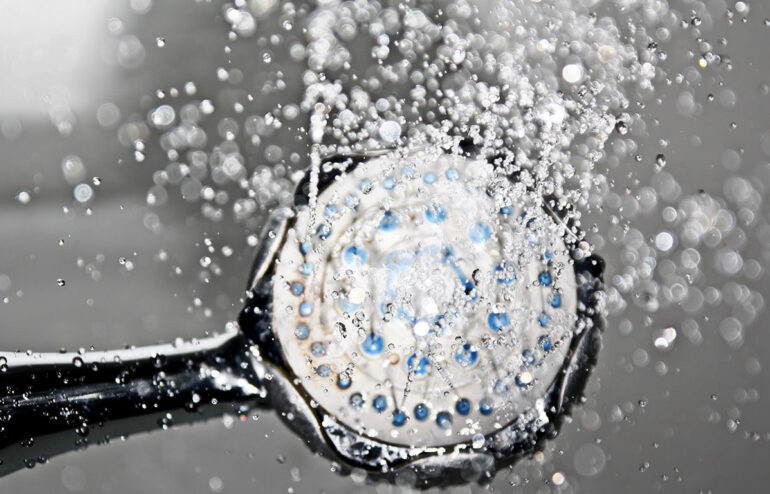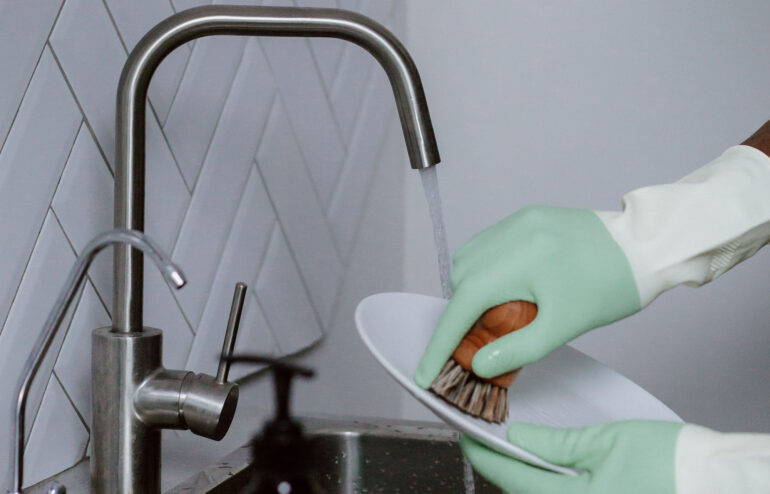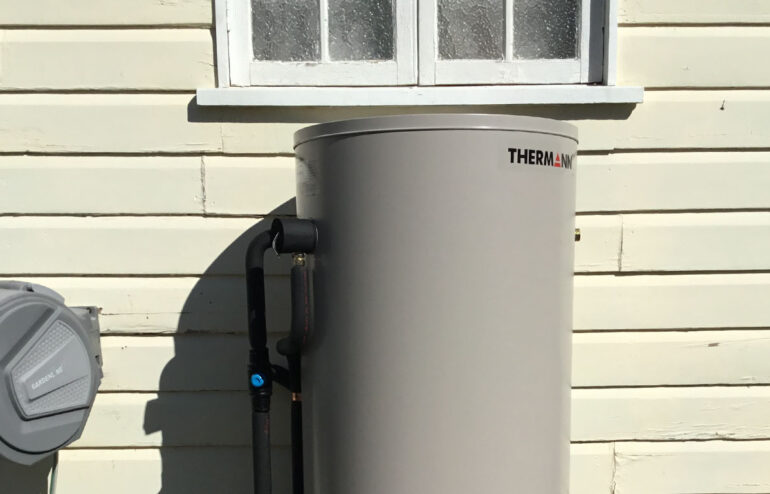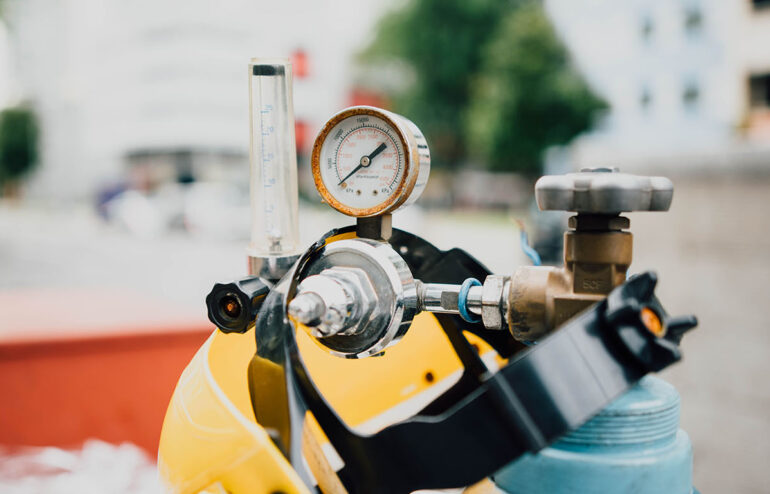Are your energy bills skyrocketing, and you’re searching for practical ways to conserve energy and save money? Look no further! In this blog, we’re sharing valuable tips from a Noosa plumber to help you reduce your energy consumption. These tips not only benefit your wallet but also contribute to a greener, more sustainable planet. Let’s dive in!
-
-
Upgrade to Energy-Efficient Appliances
-
One of the most effective ways to conserve energy is by investing in energy-efficient appliances. Look for the ENERGY STAR label when shopping for new appliances like refrigerators, washing machines, and water heaters. These appliances are designed to use less energy while providing the same, if not better, performance. Plus, at the moment, the Queensland Government are offering great incentives & rebates. Read more about those rebates here.
-
-
Maintain Your Plumbing System
-
Your plumbing system plays a significant role in your home’s energy efficiency. Leaky taps, pipes, and toilets can waste a substantial amount of water and energy over time. Regularly inspect and fix any leaks to prevent unnecessary energy consumption and water wastage.
-
-
Install Low-Flow Fixtures
-
Installing low-flow fixtures in your bathroom and kitchen can lead to substantial water and energy savings. Low-flow toilets, showerheads, and faucets reduce water usage without compromising performance, ultimately lowering your water heating costs. If you are connected to a town water supply, installing low-flow devices just make perfect sense!
-
-
Proper Insulation
-
A well-insulated home can significantly reduce your heating and cooling expenses. Insulate your walls, ceiling, and if possible, floors to maintain a consistent indoor temperature. This prevents heat loss during the winter and keeps your home cooler in the summer, reducing the workload on your air conditioner or heater.
-
-
Practice Energy-Efficient Habits
-
Simple lifestyle changes can make a big difference in energy conservation. Turn off lights, appliances, and electronics when not in use. Make use of natural daylight and ventilation when possible, and consider using energy-efficient LED bulbs.
-
-
Consider Solar Panels
-
If you’re looking for a long-term solution to reduce your energy bills and carbon footprint, consider installing solar panels on your property. Solar energy can help you generate electricity and even earn money by selling excess power back to the grid.
-
-
Seek Professional Advice
-
For personalized advice on conserving energy in your home, don’t hesitate to consult with a Noosa plumber or an energy expert. They can conduct an energy audit and recommend specific measures tailored to your needs and budget.
By implementing these energy-saving tips from our Noosa plumbing team, you can reduce your energy consumption, lower your energy & water bills, and contribute to a more sustainable future. Start making these changes today and enjoy the benefits of a more energy-efficient home.




